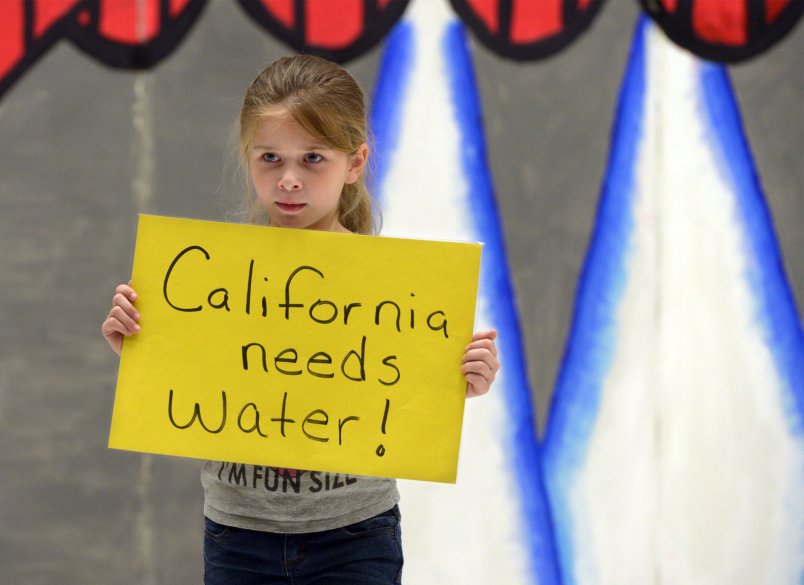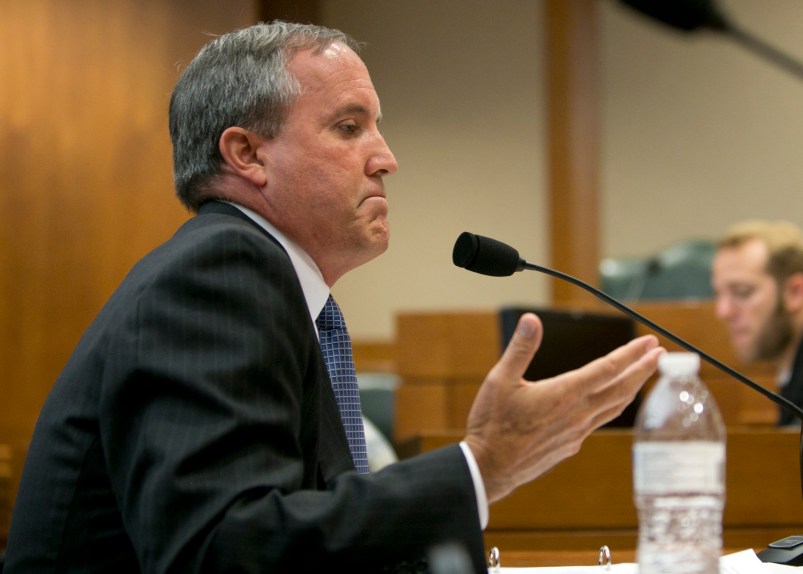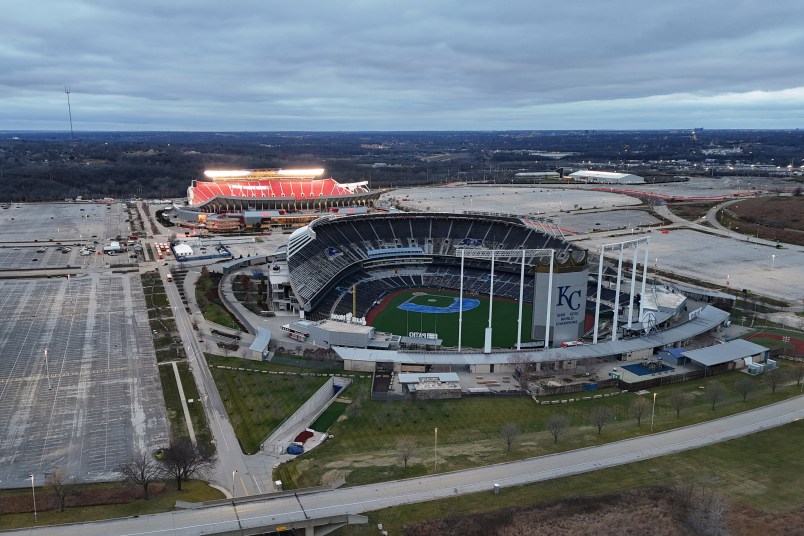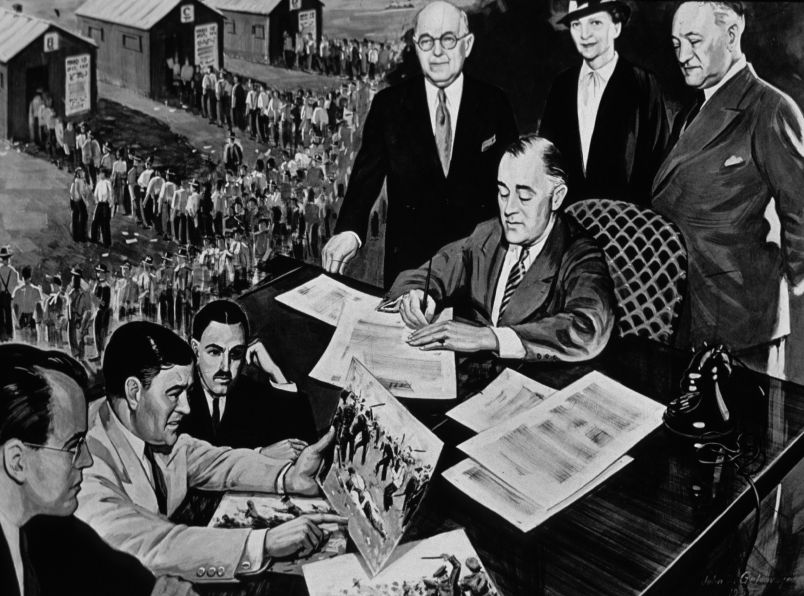As the record-setting and dangerous drought in California has made its way into our national conversations, many of the related stories have highlighted the role that a certain kind of elitism has played in exacerbating (if not contributing to) the state’s water shortage. I’m thinking about the central presence of bottled water in such stories, including Starbucks’ recent announcement that it will be moving its bottled water facilities out of California; the move makes sense, but also highlights the fact that Starbucks has bottled water facilities. Which is to say, if such stories (along with those about Nestlé’s bottled water operations in California) are partly about the damaging footprint of multinational corporations, they’re also about the demand among certain American communities for bottled water that is costly in every sense.
Or take the recent stories about how much water it takes to produce a single almond, for another example. Given the almond milk craze, one driven not so much by lactose intolerance as by particular kinds of organic, alternative food preferences and lifestyles, it doesn’t seem entirely hyperbolic to say that such 21st century culinary fads have indeed contributed to California’s water shortage.
Bottled water and almond milk don’t represent identical cultural trends, to be sure. But both could be contextualized as two recent stages in the long history of an elitist American environmentalism, a high-minded search for a more pure and healthy relationship to our resources that has mostly been available only to those with the wealth and opportunity to pursue it. The proponents of such environmentalism may have not themselves expressed such elitist sentiments, but their emphases and goals have often assumed a certain privileged position nonetheless.
Yet while such an elitist trend has indeed comprised a certain portion of our environmental movement and its concerns, to focus on this strain would be to elide a far more central thread, one which provides its own vital contexts for California’s water shortage: the consistent presence of democratic, inclusive ideals at the heart of American environmentalism.
The 19th and early 20th century’s most vocal environmentalists consistently argued for and embodied this democratic perspective. It can be found at the heart of Henry David Thoreau’s Walden; or, Life in the Woods (1854), as in the famous “sleepers” section of the book’s “Where I Lived, and What I Lived For” chapter. In this complex extended metaphor, Thoreau links the “sleeper” ties over which the nation’s new railroads run to the workers whose labor and lives built those rail networks, and over whose symbolic, sleeping bodies the trains now run. It is precisely to “wake up his neighbors” to the presence of such sleepers in our society and community, as much as to wake ourselves up to the natural world all around us and the lessons it has to teach, that Thoreau advocates for the environmental project he hopes to model in his time at Walden Pond.
In his own life and writings, as well as his advocacy for the conversation of natural spaces throughout America, John Muir extended and deepened this democratic environmentalism. “Everybody needs beauty as well as bread,” he argued in his book The Yosemite (1912), “places to play in and pray in, where nature may heal and give strength to body and soul alike.” And in making the case for Our National Parks (1901) at the outset of their existence, Muir added that “Thousands of tired, nerve-shaken, over-civilized people are beginning to find out that going to the mountains is going home; that wildness is a necessity; and that mountain parks and reservations are useful … as fountains of life.”
Many Americans did not have the ability or opportunity to travel to such sites, however, and so a group of contemporaries of Muir’s, led by renowned landscape architect and conservationist Frederick Law Olmsted, initiated the City Beautiful movement. Building on the successes of urban spaces like New York’s Central Park and Philadelphia’s Fairmount Park, the movement aimed to bring natural beauty to America’s cities, in public spaces that could be enjoyed free of charge by all citizens. Emblematic of the movement’s lasting successes are spaces as distinct as Boston’s Emerald Necklace, San Antonio’s Riverwalk, and the Benjamin Franklin Parkway in Philadelphia, each utilizing distinctive features of the city to link these urban spaces to the beauty and power of the natural environment.
It’d be easy, and not inaccurate, to link California’s water shortage to the attitudes that privilege pricey bottled water and almond milk over free, accessible, shared public resources. Yet if we focus instead on the pioneers whose efforts created American environmentalism, from the above figures to Rachel Carson, Edward Abbey, and other 20th century greats, what we see is that the movement has consistently prioritized public access to our natural beauties and necessities. Now more than ever, such an attitude toward our resources, natural as well as social, is more vital than ever.
Ben Railton is an Associate Professor of English at Fitchburg State University and a member of the Scholars Strategy Network.









